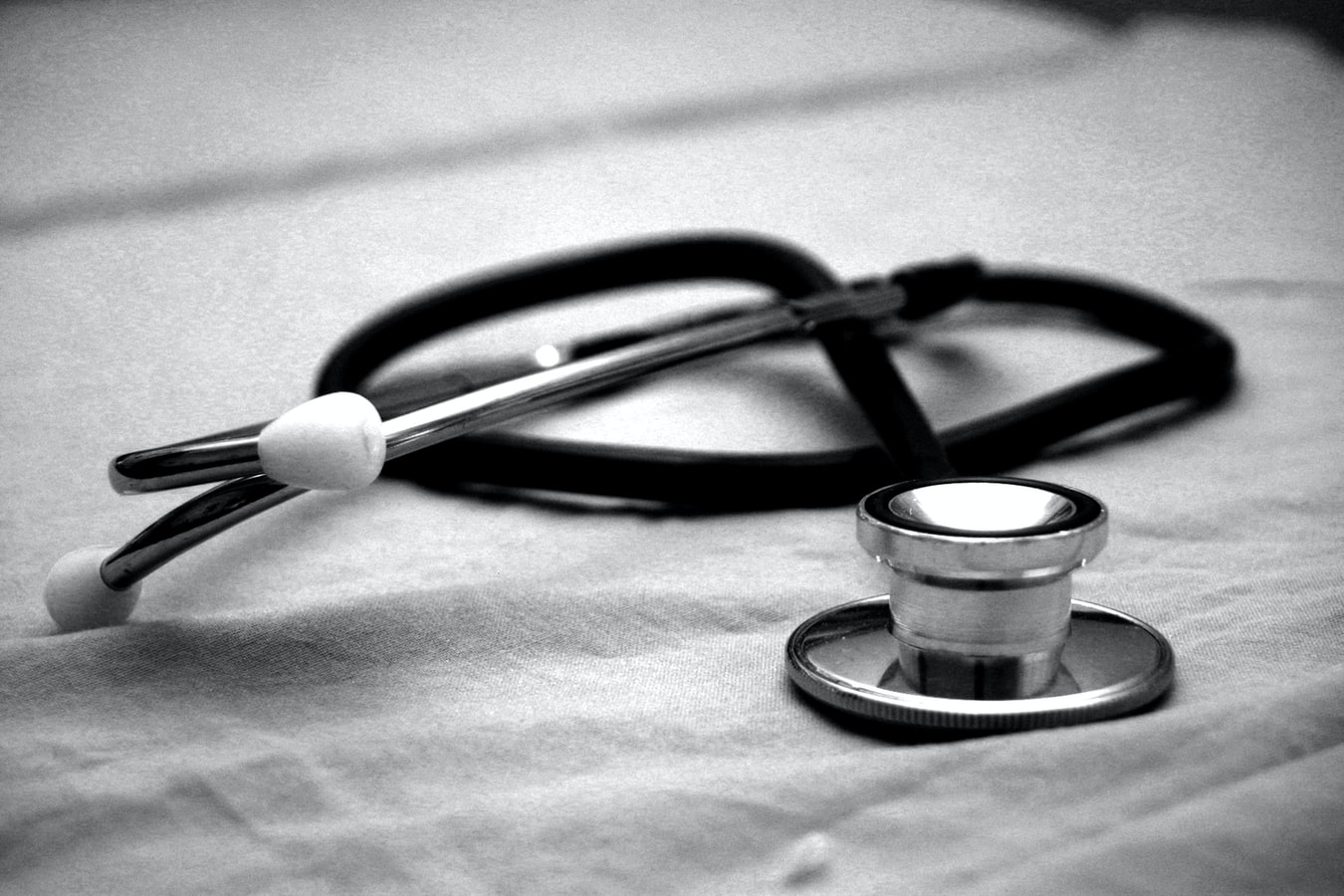Covid-19 continues to spread at a fast pace through the United States, and with only 4 percent of the world’s population, the US accounts for 20% of global Covid-19 deaths. Fortunately, President Biden began appointing competent and experienced people in all areas of government on his first day in office, and we are now seeing rapid progress on getting the vaccine out to all states.
Thanks to plenty of information about the safety and effectiveness of the vaccines, now about 76% of the US population says they will definitely or probably get the vaccine, which is a marked improvement over just a few months ago. That is good news for people who have diabetes or other conditions that put them at high risk of serious illness or death, because the vaccines do an excellent job of protecting people from severe symptoms.
The Covid-19 vaccines are now getting rolled out to people in both urban and rural areas. As most people are finding out, the vaccines are in short supply due to high demand, even in well-organized cities and counties that are doing their best to get it out to as many people as possible. There are still too many places in the US where people do not get proper access to affordable and reliable healthcare. According to the latest US News & World Report ranking of the 50 states, the Southern states are clustered at the bottom for quality and access to healthcare, and citizens’ health outcomes.
As voters, we must carefully consider the positions of candidates in local, state and national elections – Is the candidate committed to providing better access to healthcare for everyone? Do they support the Affordable Care Act? Here are some key facts: the Affordable Care Act (ACA) has extended health insurance coverage to millions of Americans who were previously uninsured. Since the ACA’s first open enrollment period in late 2013, the number of uninsured Americans has fallen from 41 million to 27 million.1 There is also good evidence that the ACA has significantly reduced health inequality between racial and ethnic groups in the US.2
When we cast our ballot and vote in local, state and national elections, we are telling our elected officials what we believe is most important to improve our communities. Our vote is powerful and valuable, and has a lasting effect on the quality of our communities, health and social services, education and infrastructure. We must be vigilant at protecting and preserving our voter rights. That’s why Rideshare2Vote has been driving democracy since 2017 by providing free rides to polling stations for under served voters, so that everyone can get to the polls to make their vote count.
Upcoming Special Election in Louisiana
On March 20, 2021, Louisiana voters can choose representatives who will work hard to improve the quality and access to healthcare, in the Special Election in Congressional Districts 2 and 5 to fill two open seats in the US Congress. *Early voting is March 6-13 (excluding Sunday, March 7) from 8:30 a.m.-6 p.m.
Rideshare2Vote knows the connection between voting and public health. That’s why Rideshare2Vote is in Louisiana to take marginalized voters to vote, free of charge. You can call 1-888-977-2250 to schedule a ride or request a Ride2vote online to vote in Louisiana because the right to vote is too precious to throw away. We are also actively recruiting volunteers for driving as well as voter outreach. We welcome you to register as a volunteer to ensure no voter is left behind.
Sources:
US Census Bureau,
1. R. Gareld, M. Majerol, Anthony Damico, The Uninsured: A Primer—Key Facts about Health Insurance and the Uninsured in the Era of Health Reform (Kaiser Commission on Medicaid and the Uninsured, Nov. 2016).
2. S. L. Hayes, P. Riley, D. C. Radley, and D. McCarthy, Closing the Gap: Past Performance of Health Insurance in Reducing Racial and Ethnic Disparities in Access to Care Could Be an Indication of Future Results (The Commonwealth Fund, March 2015).

